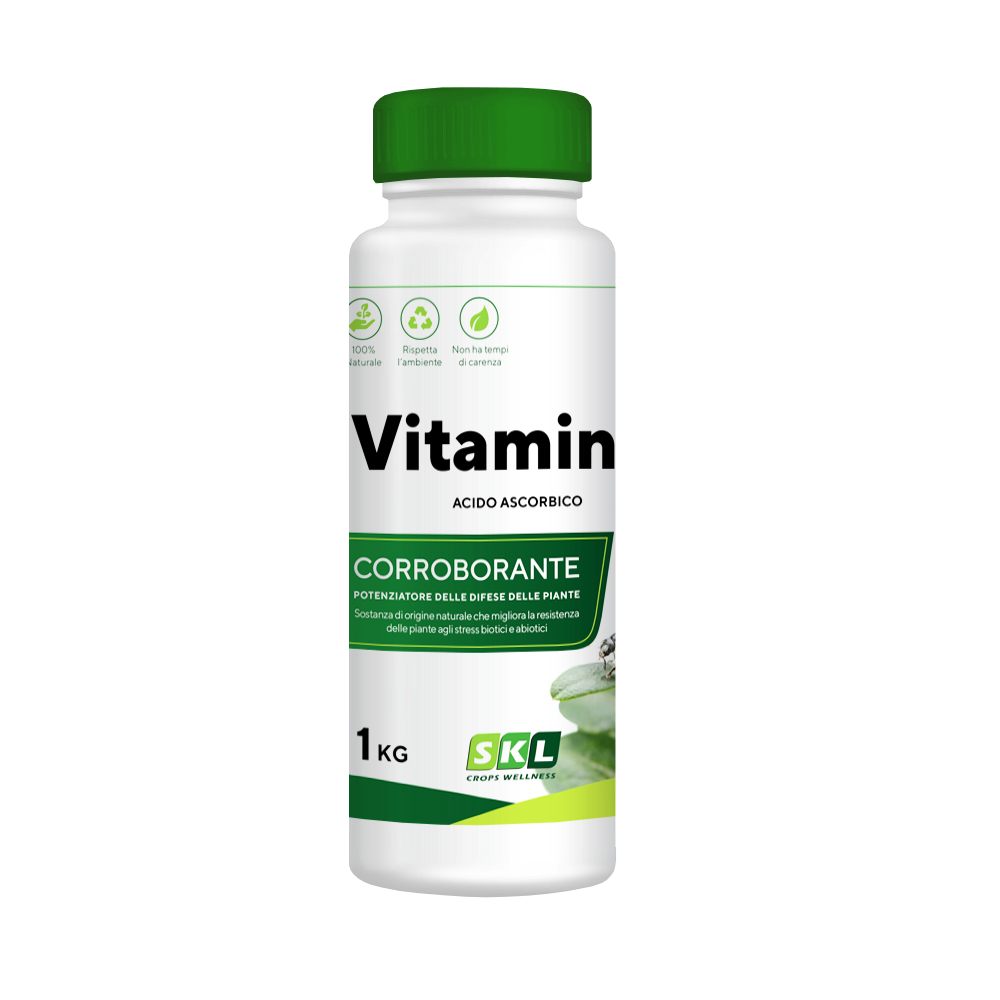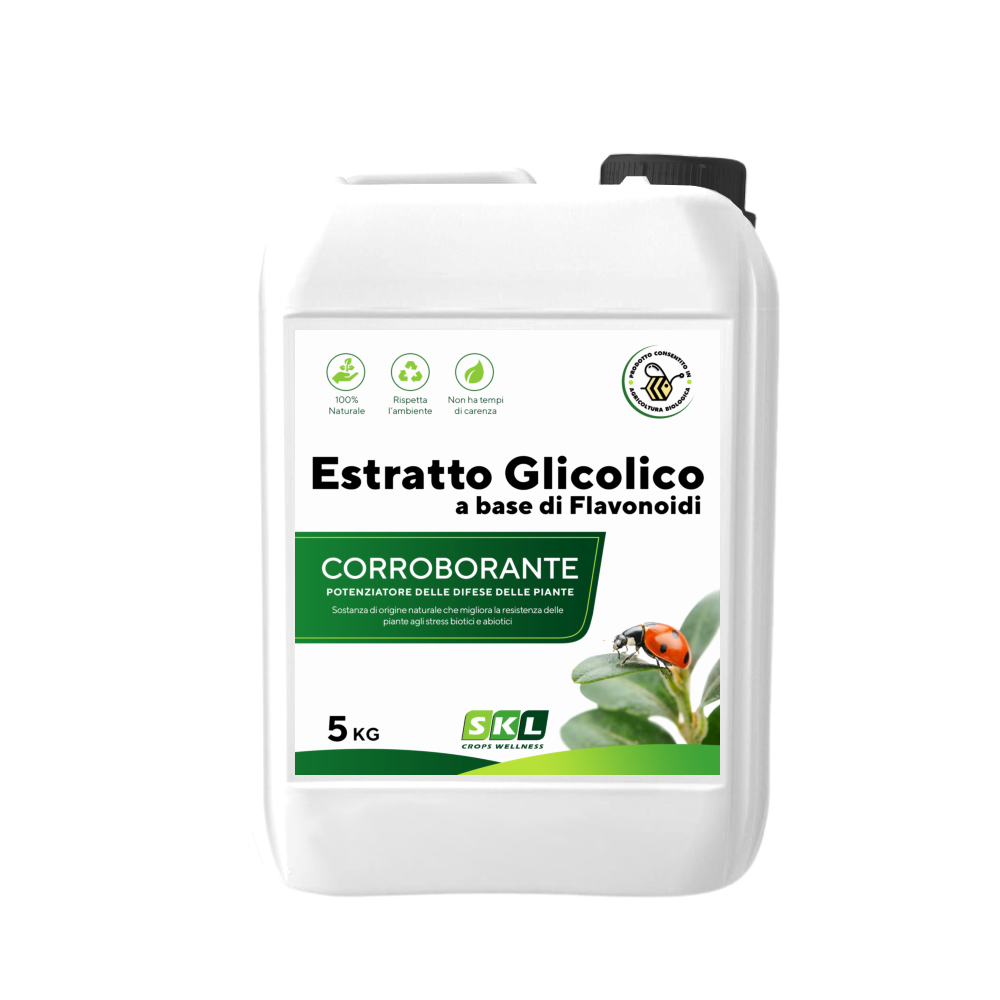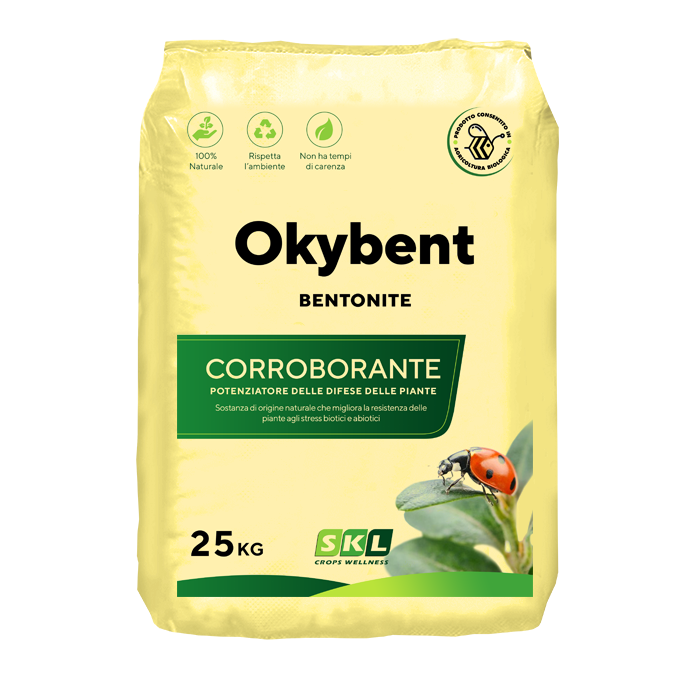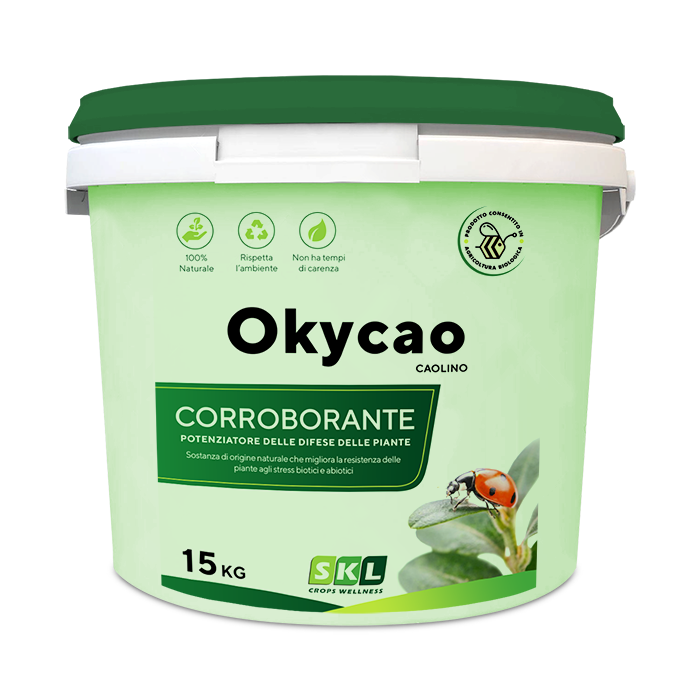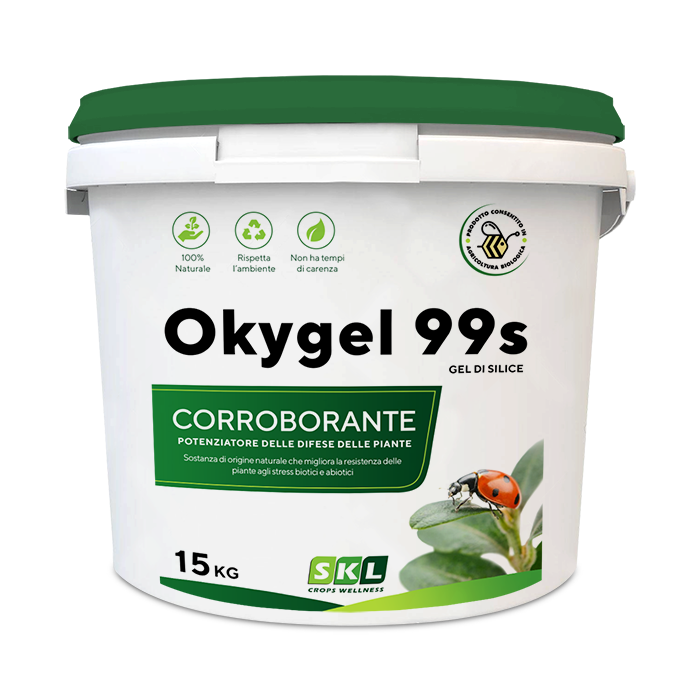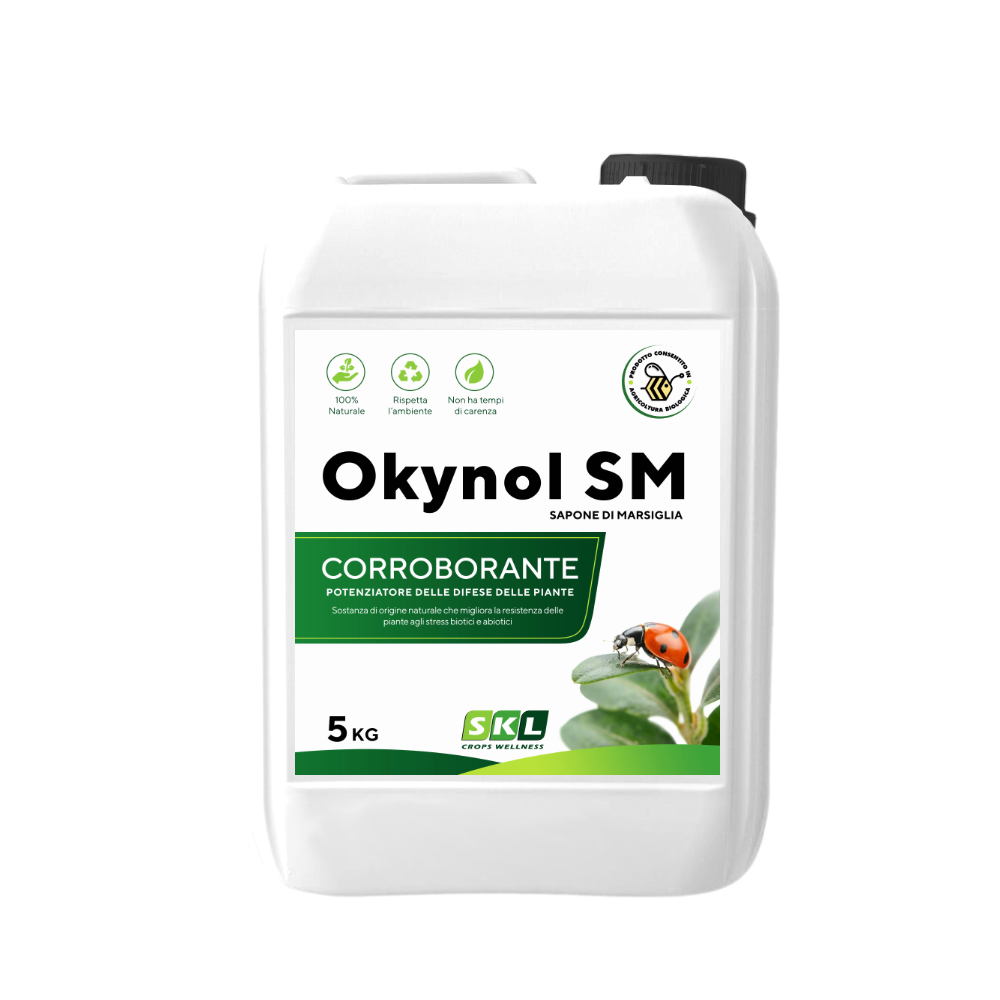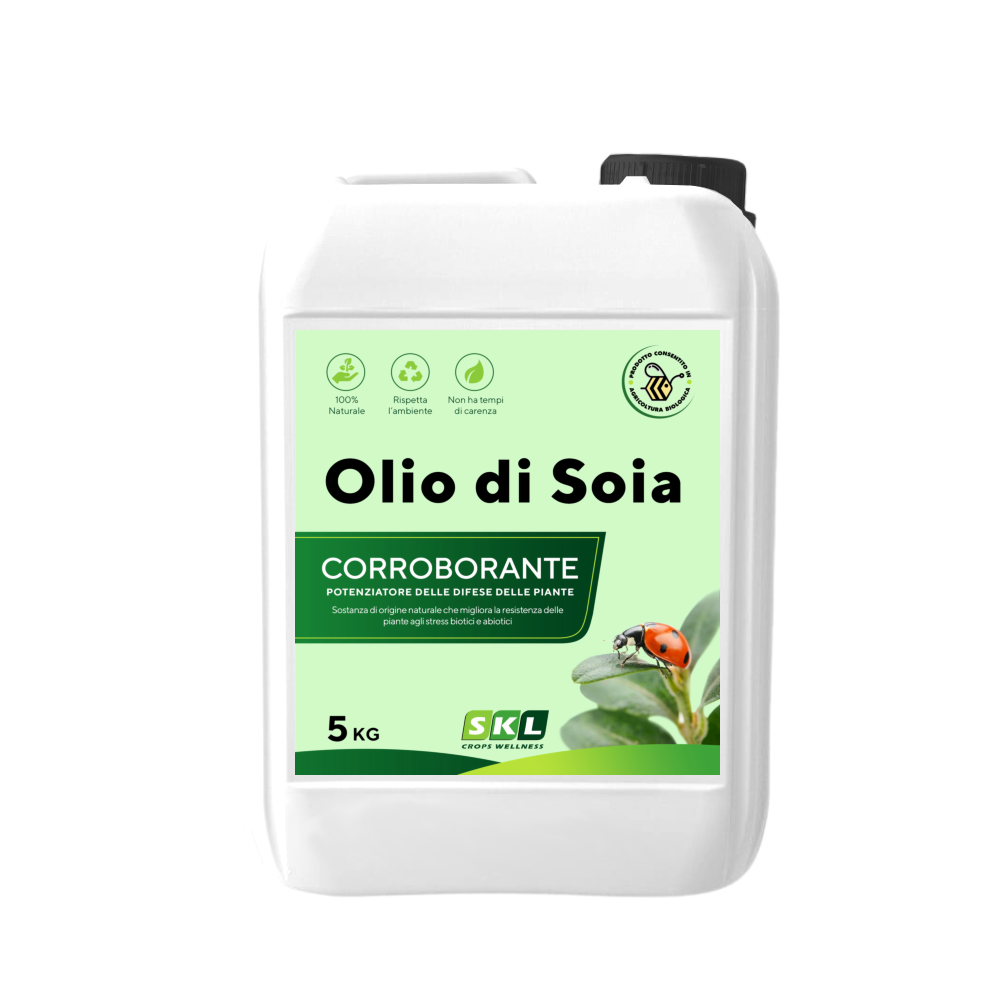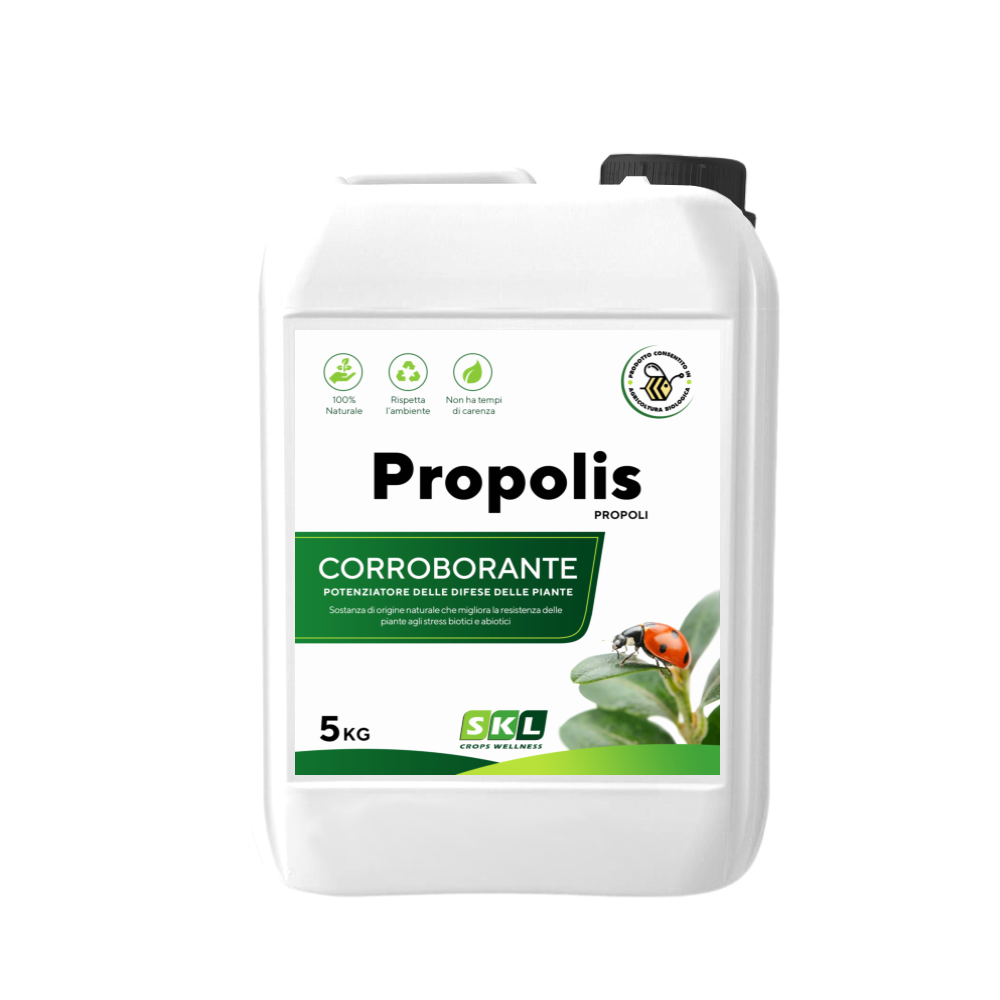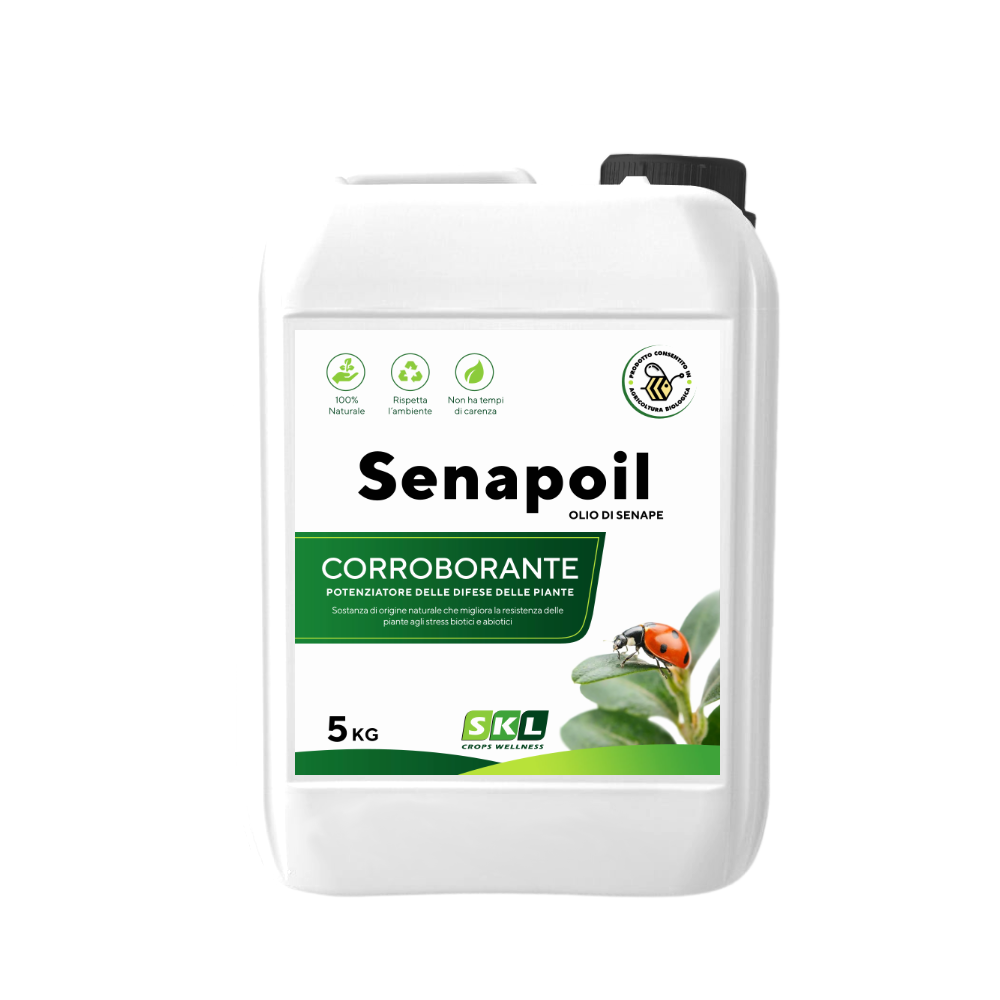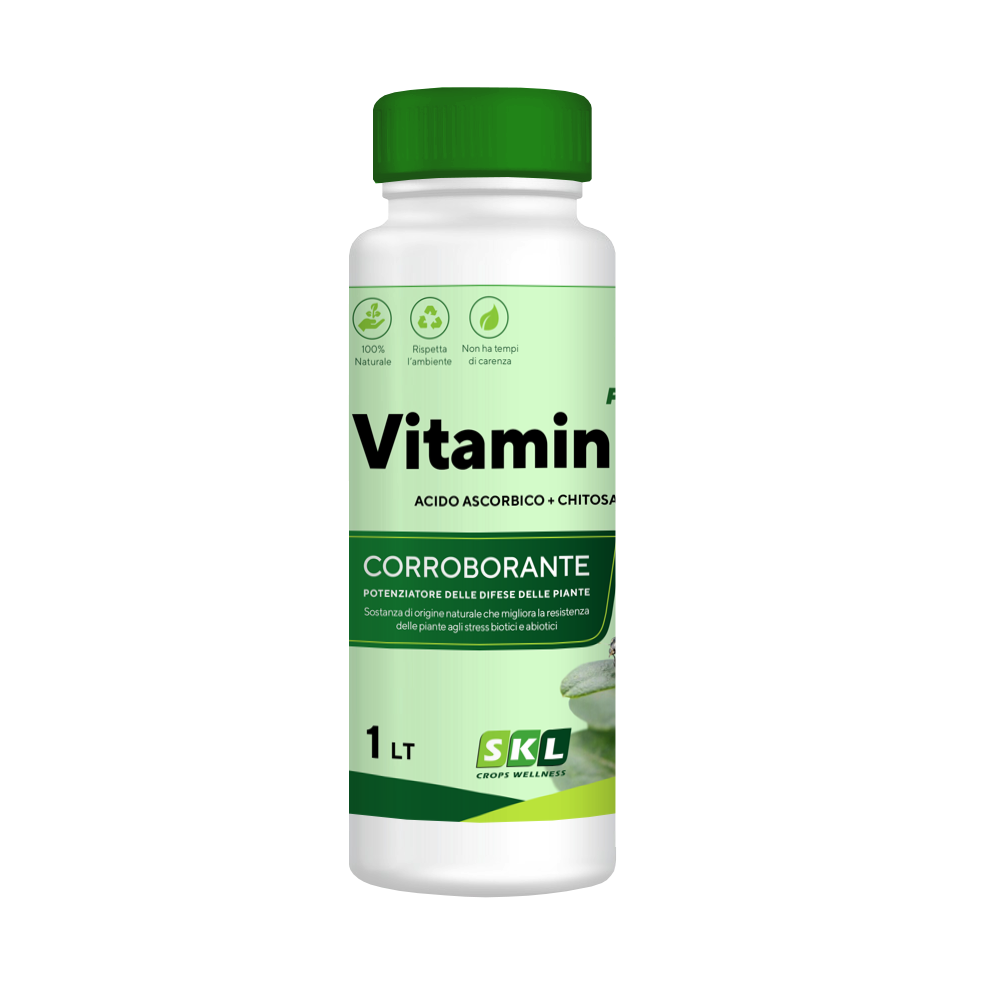Description
What is Ascorbic Acid for Agriculture?
Ascorbic Acid is Vitamin C: it belongs to the group of so-called water-soluble vitamins, which means that they cannot be stored in living organisms, but must be regularly consumed through nutrition. In addition to being soluble in water, ascorbic acid is sensitive to high temperatures, so it is recommended to use it during the cooler hours of the day.
What is the use of Ascorbic Acid for Agriculture?
Ascorbic Acid is a molecule with high antioxidant power that helps protect polyunsaturated fats from oxidation, both directly and indirectly, by combating the oxidation of Vitamin E. It also helps keep plants healthy by participating in the synthesis of many metabolic reactions and the biosynthesis of amino acids and hormones. Thanks to its strong antioxidant properties, ascorbic acid enhances the immune system's barriers and helps the plant prevent the risk of infections, especially leaf infections. Its contribution is also essential for neutralizing free radicals.
What is the action of Ascorbic Acid?
Vitamin C increases the absorption of iron by reducing Fe (III) to Fe (II). It also contributes to:
- maintaining the normal functioning of the immune system;
- normal energy metabolism;
- normal physiological functions;
- protecting cells from oxidative stress;
- reducing tiredness and fatigue;
- the amidation of certain peptides with hormonal action;
- the hydroxylation of lysine and proline by proline hydroxylase and lysine hydroxylase;
- the reduction of folic acid to build the coenzyme form;
- regenerating Vitamin E by donating an electron to α-tocopheroxyl radical.
Dosage
| Crop | Dosage (kg/ha) |
|
Crop trees |
1 - 2 Dissolved in 500 - 800 liters of water |
|
Industrial crops |
1 - 2 Dissolved in 500 - 800 liters of water |
|
Vegetable crops |
1 - 2 Dissolved in 500 - 800 liters of water |
|
Flower crops |
1 - 2 Dissolved in 500 - 800 liters of water |
|
Lawn and golf courses |
1 - 2 Dissolved in 500 - 800 liters of water |

